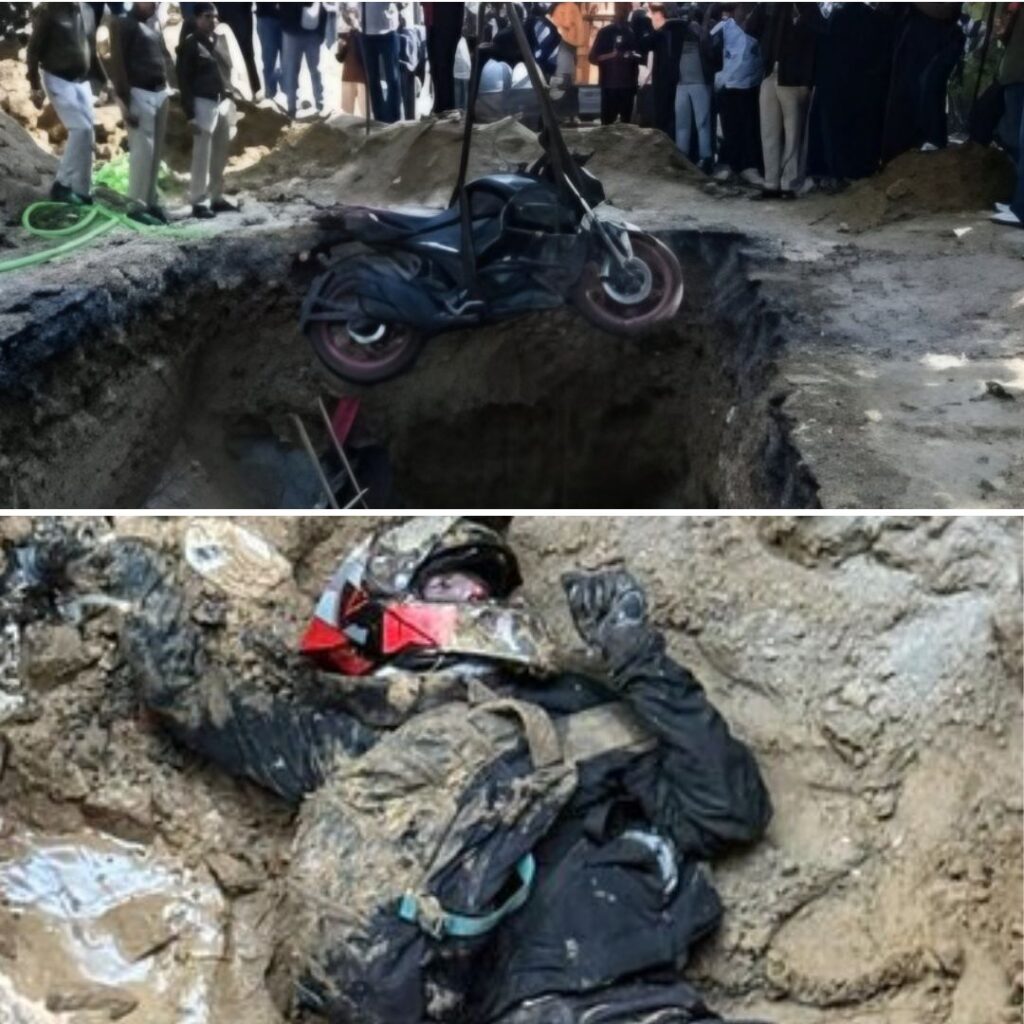The Ministry of Health and Family Welfare in an advisory against spraying humans with disinfectants, on Saturday, April 18, stated that not only does it not fulfil the purpose of killing the pathogen, it is also physically and psychologically harmful.
The Ministry said that use of such measures may ‘lead to a false sense of disinfection & safety and hamper public observance to hand washing and social distancing measures.’
‘Spraying of individuals or groups is NOT recommended under any circumstances. Spraying an individual or group with chemical disinfectants is physically and psychologically harmful. Even if a person is potentially exposed to the COVID-19 virus, spraying the external part of the body does not kill the virus that has entered your body. Also, there is no scientific evidence to suggest that they are effective even in disinfecting the outer clothing/body in an effective manner,’ the advisory says.
The advisory also listed out the harmful effects chlorine present in the disinfectant can have on humans.
‘Spraying of chlorine on individuals can lead to irritation of eyes and skin and potentially gastrointestinal effects such as nausea and vomiting. Inhalation of sodium hypochlorite can lead to irritation of mucous membranes to the nose, throat, respiratory tract and may also cause bronchospasm,’ it said.
The advisory further stated that chemical disinfectants are recommended for cleaning and disinfection of surfaces frequent;y touched by those who are suspected or confirmed to have COVID-19.
‘Precautionary measures are to be adopted while using disinfectants for cleaning – like wearing gloves during disinfection,’ it added.
Earlier, there were several instances were migrant labourers and others were sprayed with disinfectants to ‘disinfect’ them. On March 30, a group of migrant workers were sprayed with bleach in Uttar Pradesh, leading to outrage.
‘We had been hearing about people being sprayed with disinfectants and getting queries on how effective it is in killing the Coronavirus. An expert committee was asked to look into it and they are of the opinion that there isn’t enough scientific evidence against it,’ said a health ministry official told Hindustan Times.
Also Read: ‘Sprayed Migrants With Soap Water, Not Bleach’: Kerala Officials Claim Following Criticism












